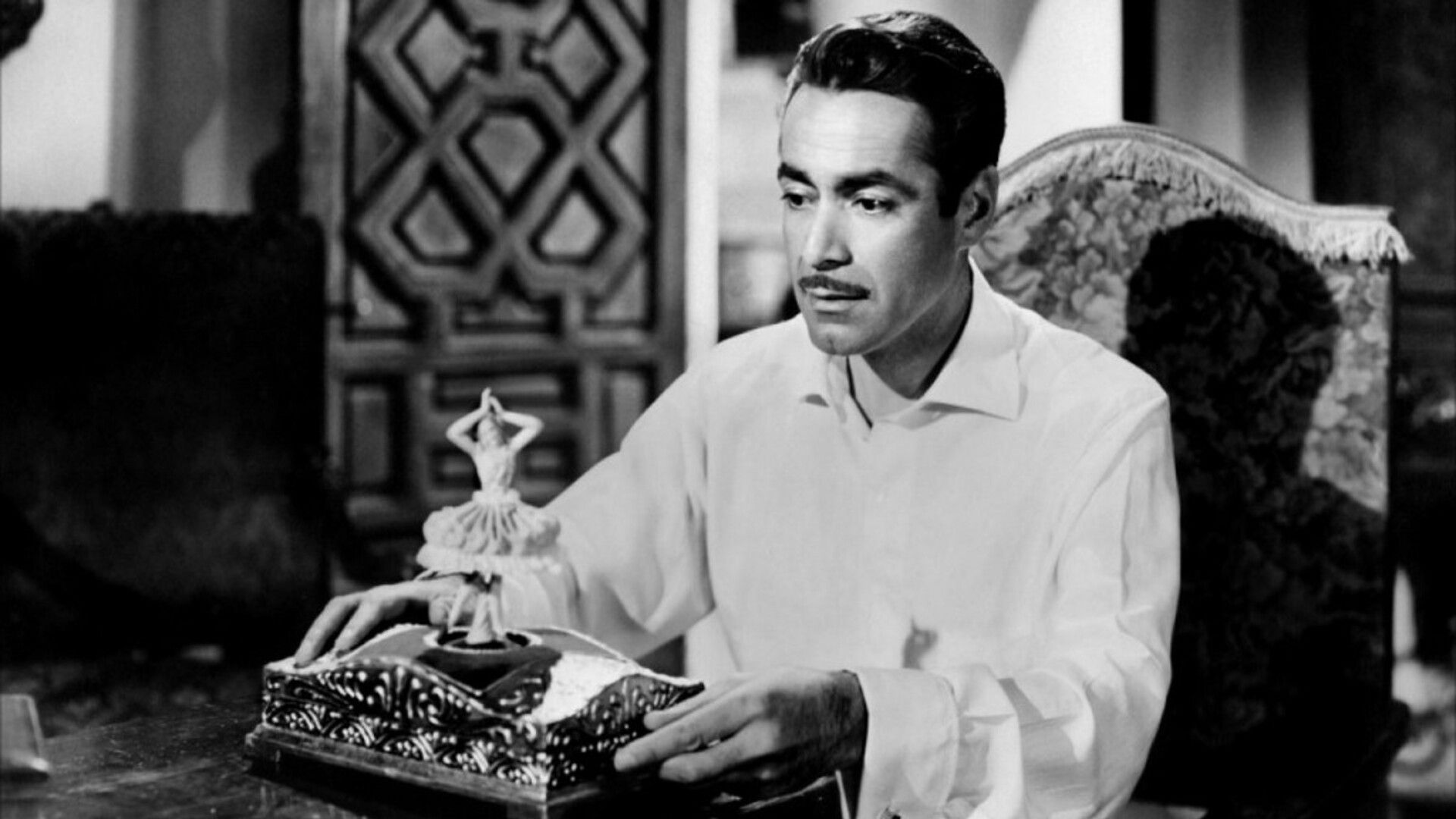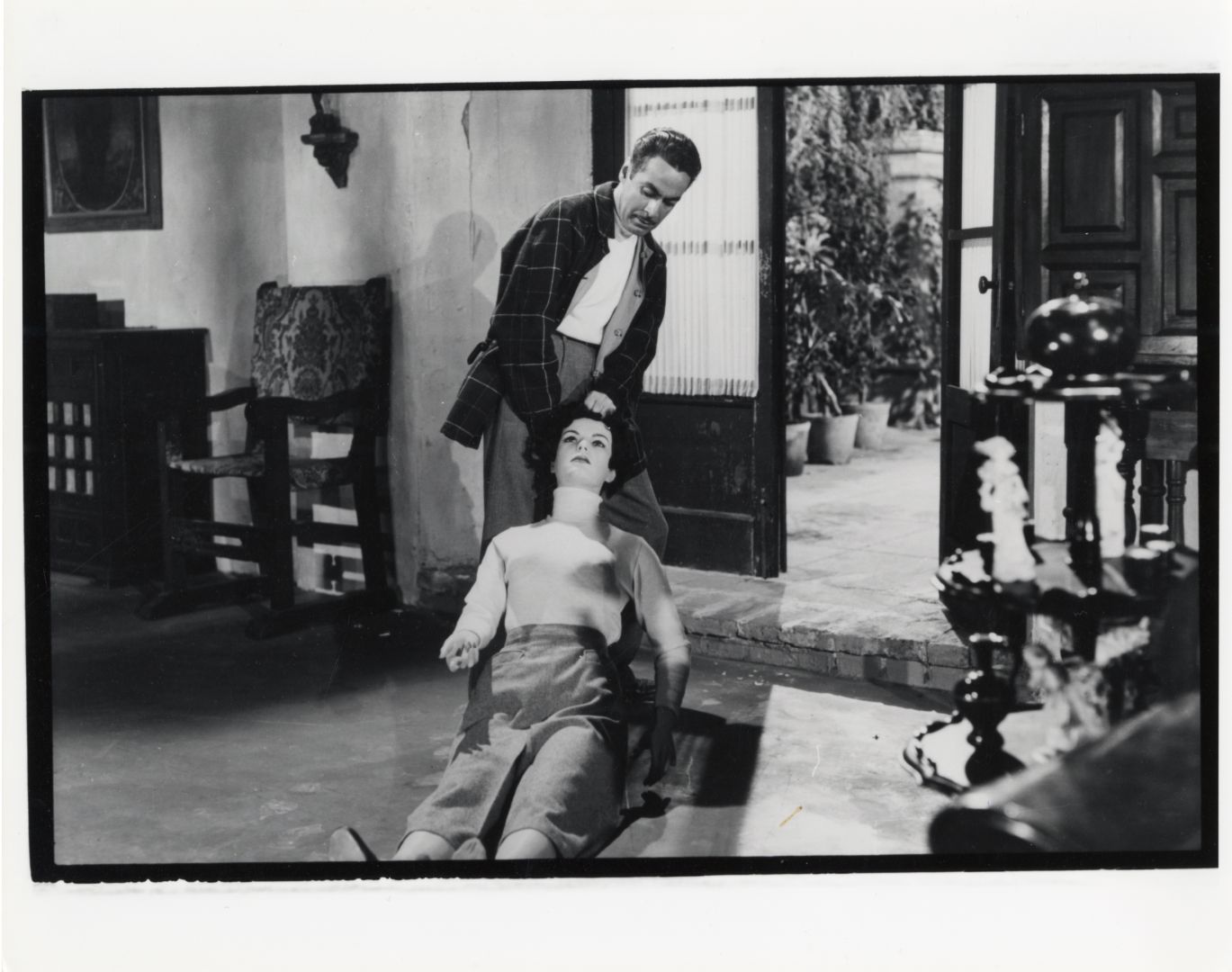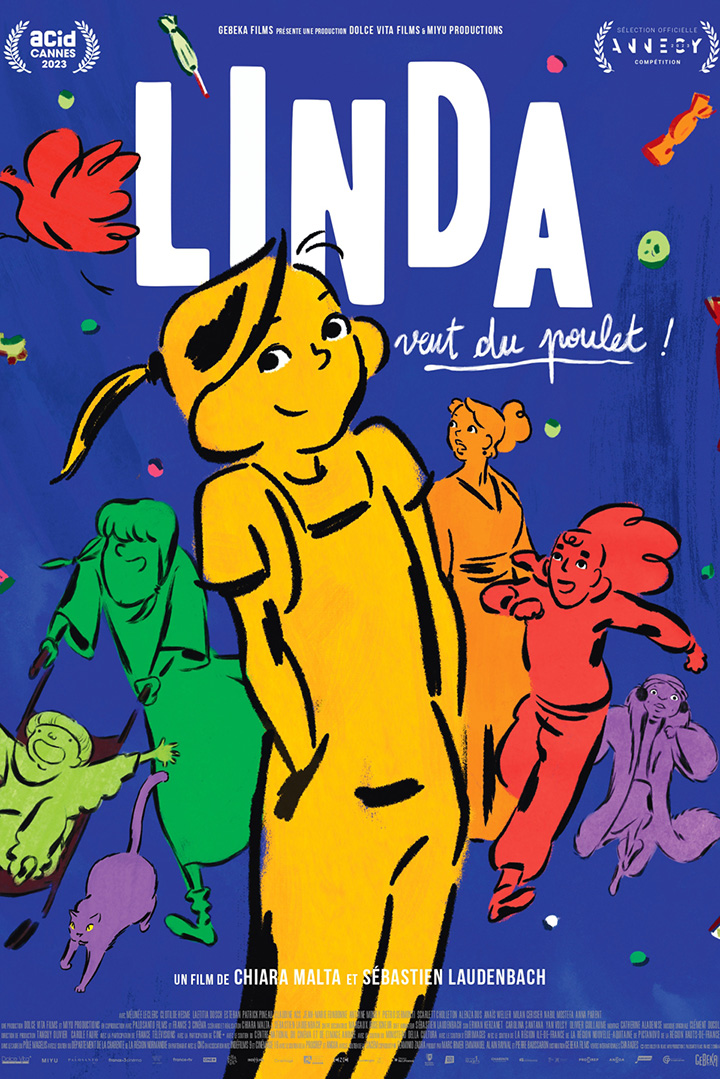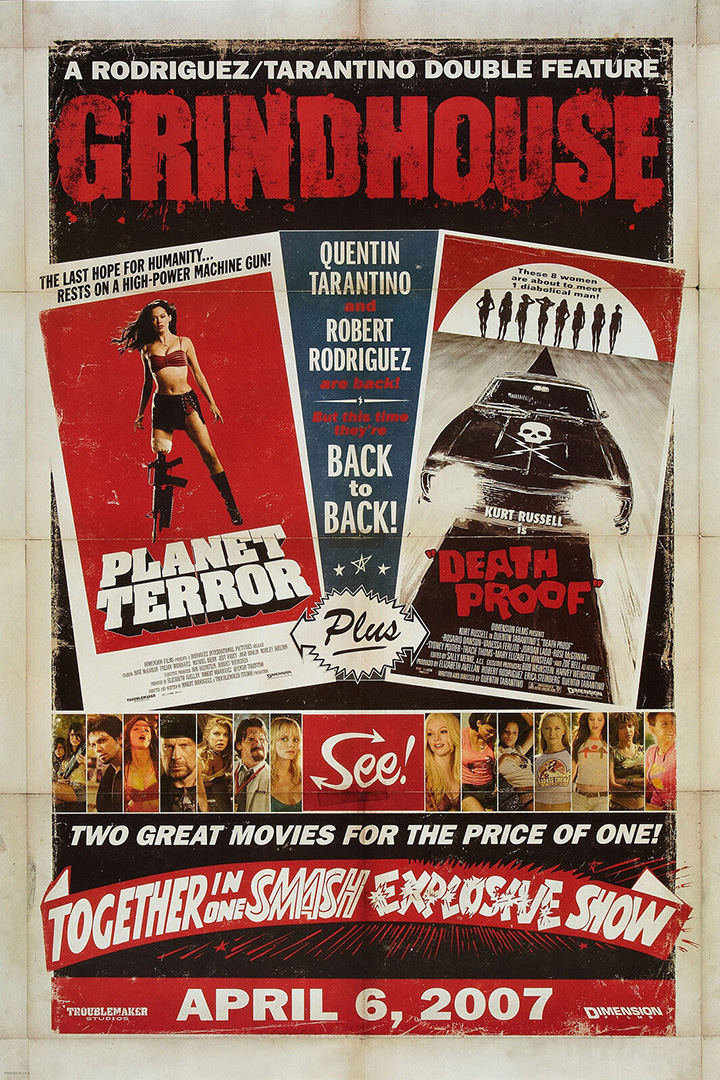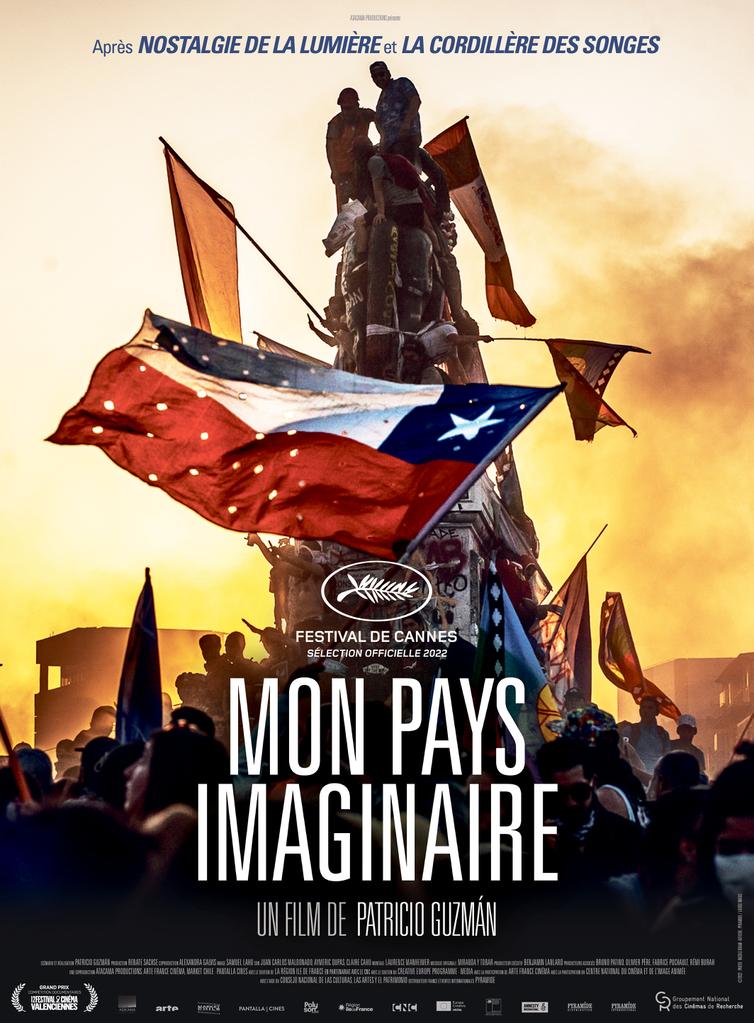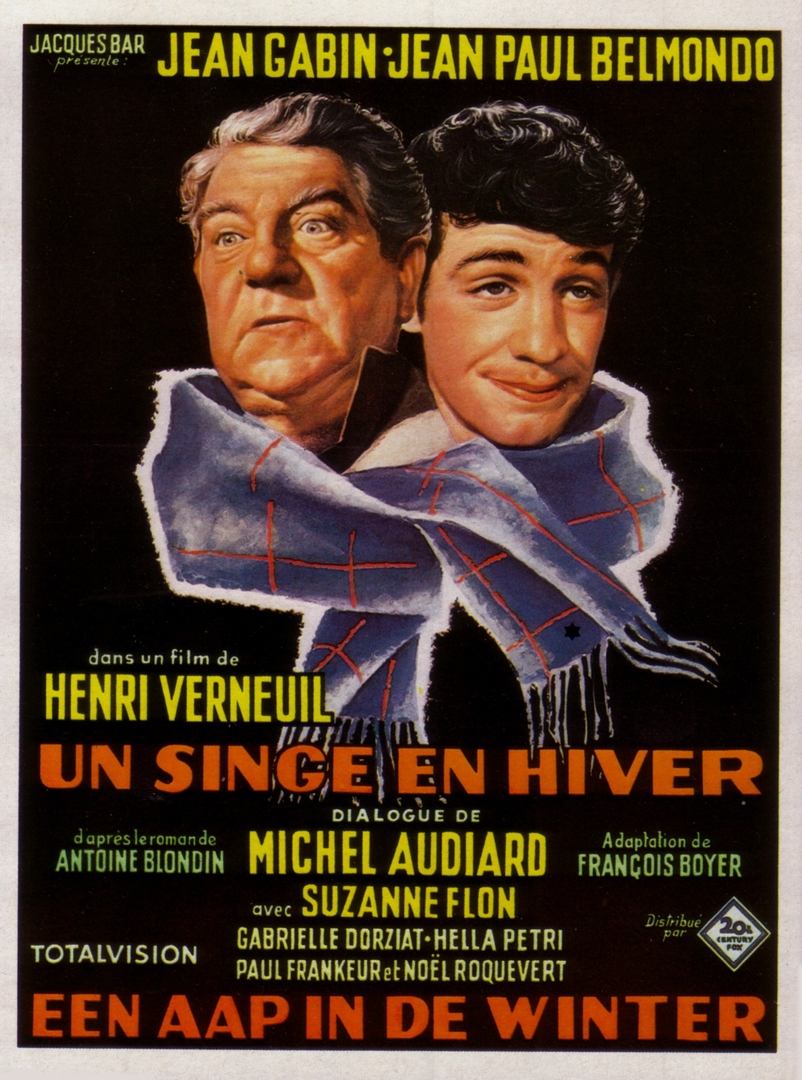The Criminal Life of Archibaldo de la Cruz
Luis Buñuel's career as a filmmaker spans nearly fifty years, from 1929 to 1977, from Un chien andalou to Cet obscur objet du désir. Divided between France, Mexico and Spain, flirting in turn with experimental, documentary, more commercial productions or poetic cinema, his protean work has never ceased to amaze, to disturb and to exert a strong influence. By articulating his cinema around the question of desire - impulsive, unfulfilled, thwarted or creative - Buñuel has succeeded like no other in scrutinizing the torments of the human soul, their share of mystery and violence as well as the delights that lie hidden within. Bringing together his most famous works, while giving pride of place to lesser-known films from his Mexican period, this cycle allows us to appreciate all the nuances of a filmography that, like Surrealist exquisite cadavers, cultivates a taste for contradiction, both in feelings and in cinematic language.
After finding the music box of his childhood in an antique shop, Archibald de la Cruz sees the memory associated with it reappear: the death of his nurse, killed by a stray bullet during the revolution, at the very moment he triggered the mechanism of his music box. From then on, Archibald tries to pursue this career as an assassin, hoping to find again the violent eroticism of this primitive scene.
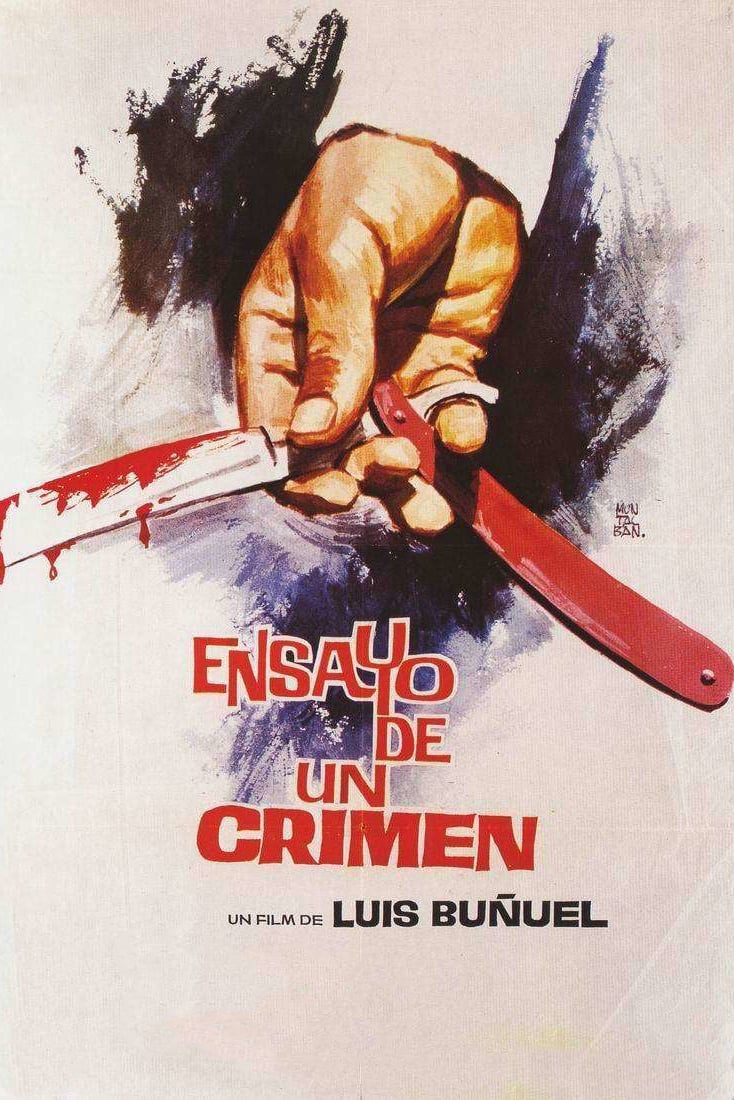
Luis Buñuel
Born in 1900 in Aragon, Spain, Luis Buñuel studied with the Jesuits before moving to Madrid to attend university. There he met Salvador Dalí and Federico García Lorca, and became close to the Dadaist movement. In 1925 he moved to Paris and became the assistant of Jean Epstein. Influenced by surrealism, he directed, with the collaboration of Dalí on the screenplay, Un chien andalou and then The Golden Age. The latter was more widely distributed, but caused a scandal and inaugurated the long list of censorship acts that would be directed at Buñuel's works, regardless of the period, for their sense of provocation, their political scope and their independence of spirit. The filmmaker worked for a time in Spain, but the civil war broke out and he left for the United States, before finally going into exile in Mexico, where he shot most of his work for almost twenty years. From the 1960s onwards, he returned to France to film, beginning a fruitful collaboration with the screenwriter Jean-Claude Carrière, who co-wrote all of his last films. Since his death, Buñuel's work has continued to be one of the most influential of the 20th century.
Photo: Collections of the Cinémathèque québécoise
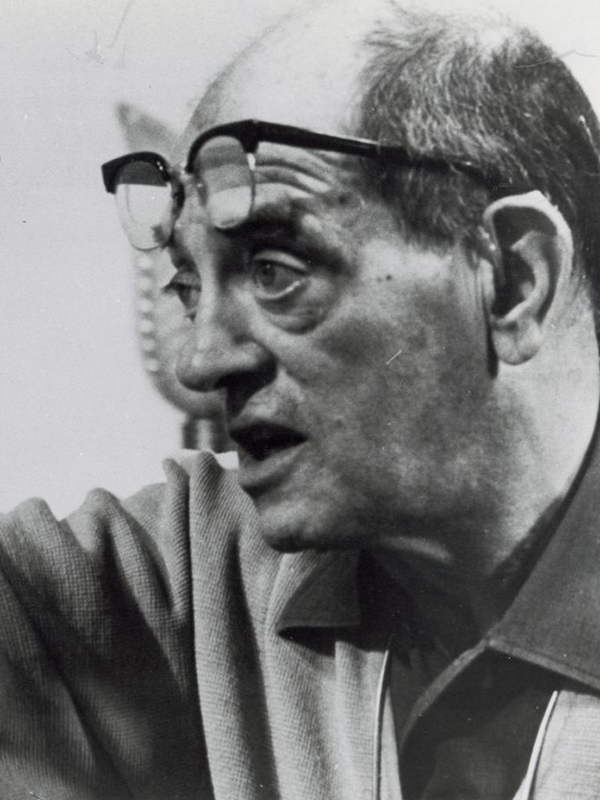
Explore
À lire sur notre blogue
Luis Buñuel, celui par qui le scandale arrive : Buñuel avait beau avoir le goût du scandale, ceux qui ont émaillé son parcours de cinéaste ont, à n’en pas douter, toujours dépassé ce qu’il avait fantasmé. Il suffit de s'en remémorer quelques-uns pour constater que la dimension subversive de son œuvre déborde largement de la simple provocation, et ce dès ses débuts.
